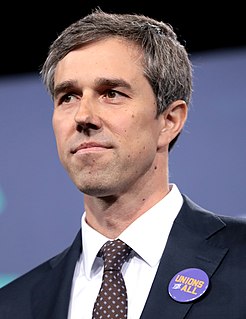A Quote by Joseph Campbell
We are kept out of the Garden by our own fear and desire in relation to what we think to be the goods of our life.
Related Quotes
Vanity, fear, desire, competition - all such distortions within our own egos - condition our vision of those in relation to us. Add to those distortions to our own egos the corresponding distortions in the egos of others, and you see how cloudy the glass must become through which we look at each other.
In those sticky summer nights in South London our windows stay open and our tiny apartment becomes our secret garden. The magic of the secret garden is that it exists in our imagination. There are no limits, no borderlines. The secret garden leads to the marigolds of Mogadishu and the magnolias of Kingston and when the heat turns us sticky and sweet and unwilling to be claimed by defeat we own the night. We own our bodies. We own our lives.
We're all assigned a piece of the garden, a corner of the universe that is ours to transform. Our corner of the universe is our own life - our relationships, our homes, our work, our current circumstances -. exactly as they are. Every situation we find ourselves in is an opportunity, perfectly planned by the Holy Spirit, to teach love instead of fear.
We can either be governed by fear - fear of immigrants, fear of Muslims, call the press the enemy of the people, tear kids away from their parents at the U.S.-Mexico border - or we can be governed by our ambitions and our aspirations and our desire to make the most out of all of us. And that's America at its best.
[T]hus one should not think that desire is repressed, for the simple reason that the law is what constitutes both desire and the lack on which it is predicated. Where there is desire, the power relation is already present: an illusion, then, to denounce this relation for a repression exerted after the event.
I think the biggest fear is the fear of what a life devoted to God will cost. We love our stuff, don't we? It's the fear of the thought that maybe, just maybe, a life going all in for God might mean we would have to let go of some of our stuff, our way of life, our comforts. That scares people. I know it scares me sometimes.
There is no hate without fear. Hate is crystallized fear, fear's dividend, fear objectivized. We hate what we fear and so where hate is, fear is lurking. Thus we hate what threatens our person, our liberty, our privacy, our income, our popularity, our vanity and our dreams and plans for ourselves. If we can isolate this element in what we hate we may be able to cease from hating... Hate is the consequence of fear; we fear something before we hate; a child who fears noises becomes the man who hates them.
I am convinced that the deepest desire within each of us is to be liberated from the controlling influences of our own psychic madness or patterns of fear. All other things—the disdain of ordinary life, the need to control others rather than be controlled, the craving for material goods as a means of security and protection against the winds of chaos—are external props that serve as substitutes for the real battle, which is the one waged within the individual soul.
There was this interesting quote: try and live your life without fear and desire. It's this concept that's like when you look at a painting in a museum and you are held in aesthetic arrest. So the I, the ego, is stripped, is gone. The observer and thing become one. That's where fear and desire come in because you don't want to own it, possess it, desire it, and it's not moving you to fear. It's like you're in this harmonious state with the object.


































